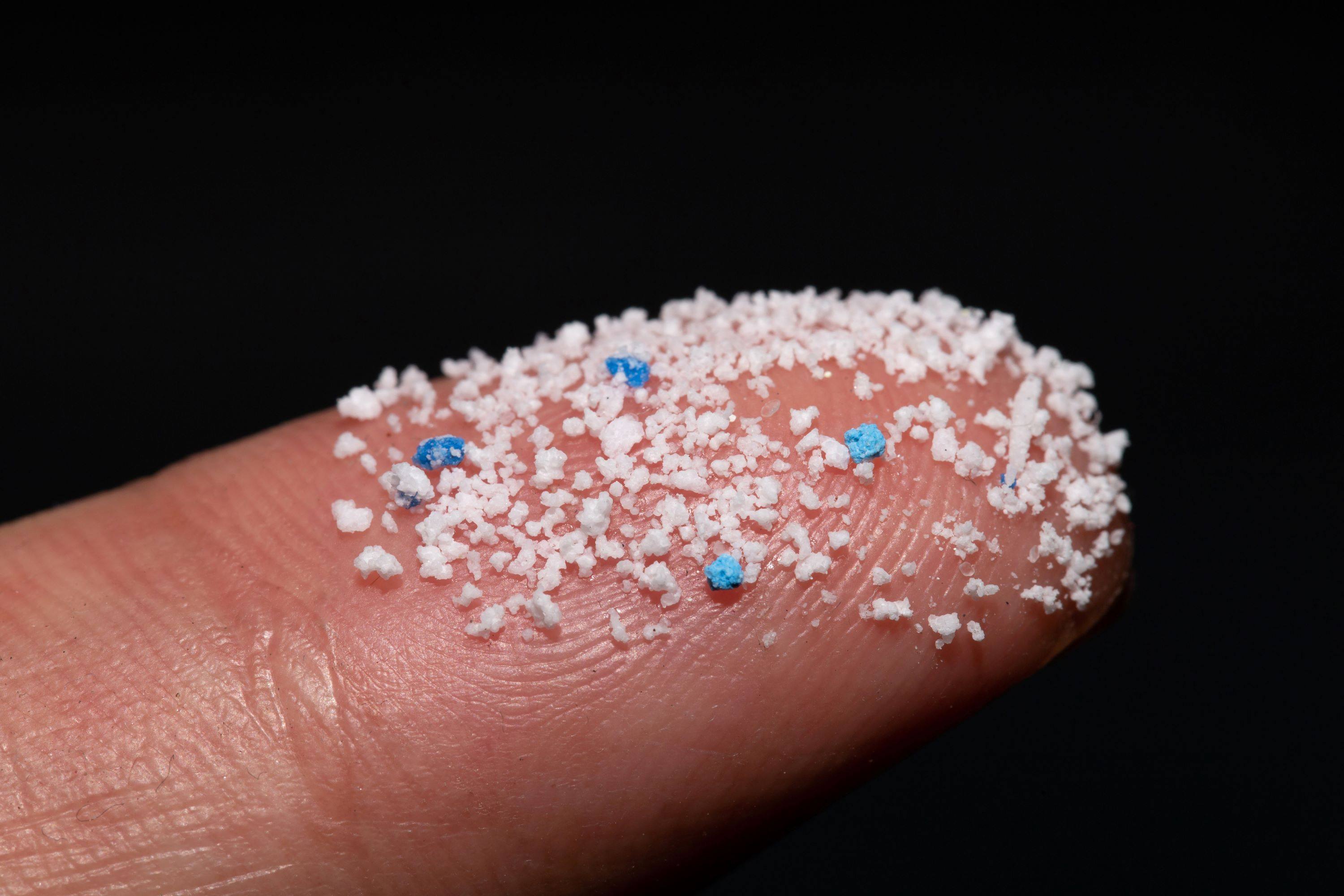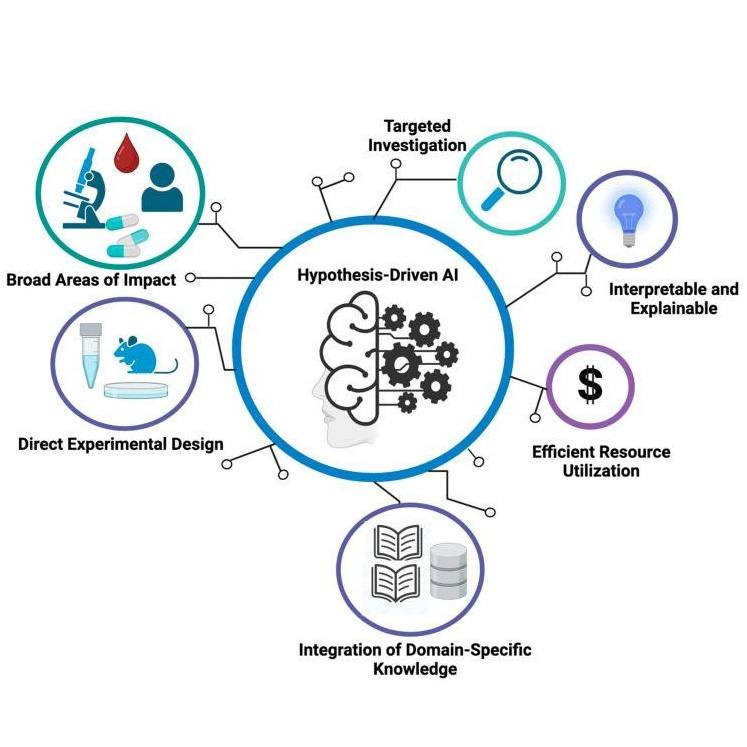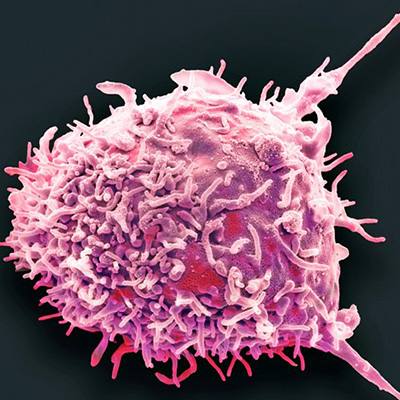-
Individualized Medicine
Sudden Cardiac Death: Defining the Risk for Surviving Relatives

A young person's sudden death from cardiac arrest is doubly devastating. Just when family members are mourning the unexpected loss, they might also be wondering if the cause was inherited heart disease — and if they too are at risk.
Often there's no easy answer. Unlike certain cancers with strong links to a single gene abnormality, cardiovascular disease is associated with complex genetic factors. Blood relatives of people who experienced sudden cardiac death can face a lifetime of uncertainty and annual medical imaging to detect any signs of heart disease.
With support from the Center for Individualized Medicine, Mayo Clinic is conducting research to find answers.

"Surviving family members don't know if they are at risk for a heart condition, if they should change their lifestyle such as not engaging in certain types of athletics— they're just stuck," says Joseph Maleszewski, M.D., a Mayo Clinic pathologist specializing in cardiovascular disease. "We're trying to elucidate the underlying genetic implications for these family members. We want to help them manage diagnostic screening and get the care they need right now."
Sudden, unexpected death from cardiac arrest accounts for 12% to 15% of natural deaths. Up to half of people under age 35 who experience sudden cardiac death had no family history of it and no warning signs of heart disease, according to the National Society of Genetic Counselors.
Conducted in partnership with the Windland Smith Rice Sudden Death Genomics Laboratory & Long QT Syndrome Clinic, Mayo Clinic's research involves postmortem analysis of the hearts from people under age 40 who died suddenly of presumed cardiac causes, and genetic testing of first-degree relatives—parents, siblings and children. "We believe it's absolutely necessary to combine these two approaches in order to give the family information that's much more useful than what they would get from either approach alone," Dr. Maleszewski says.
Subtle signs that lead to answers
One common challenge for family members is incomplete information about the cause of a relative's sudden death. An autopsy might establish that the person died of natural causes but fail to identify a specific cardiac disease or its genetic underpinning.
"We believe some cases of sudden cardiac death are very subtle manifestations of cardiomyopathy, or heart muscle disease. The features of cardiomyopathies are sometimes very difficult to detect, even by experienced medical examiners and coroners," Dr. Maleszewski says.
The postmortem examinations conducted by Mayo Clinic cardiovascular pathologists will evaluate each heart's overall appearance and analyze tissue sections under the microscope. If cardiomyopathy is suspected, genetic testing will be recommended for first-degree relatives.
Relatives who test negative for genetic variants associated with heart disease can avoid routine imaging. For family members who do have a genetic variant, risk-management plans can be developed. "
We think this is a much more scientific and comprehensive approach to cases of sudden death," Dr. Maleszewski says. "Instead of a 20th-century screening paradigm, we want a 21st-century pairing of postmortem examination and genetic testing."
That pairing is key. "There's a lot of nuance in the understanding of cardiovascular disease. Our interpretation of the genetic tests is completely contingent on establishing with our eyes that there is some type of underlying pathology in the heart," Dr. Maleszewski says. "We can then give information to the family that empowers them to obtain efficient screening and to have complete closure."
Another common challenge is a lack of genetic information about the deceased relative. Postmortem blood samples are stored for a limited time — due to cost and space constraints experienced by medical examiners — and so often aren't available for genetic testing.
Mayo Clinic has developed a unique genetic test that uses tissue samples preserved in paraffin. Unlike blood samples, those tissue samples are often kept by medical examiners for several years to meet accreditation requirements.
"We use this tissue-based genetic testing routinely. It opens up a lot of older cases for possible interrogation," Dr. Maleszewski says. "For example, if a Mayo cardiologist sees a patient whose father had cardiac death at a young age, we can obtain the father's tissue samples, examine them and then determine if genetic testing should be done to assess the son's risk."
Data accumulated will also provide insight into the complex genetic variations that can cause heart disease.
"Ultimately, we hope that for every case of sudden cardiac death, there can be a complete workup of the heart and the genetics," Dr. Maleszewski says. "We'd like to help educate medical examiners and coroners on how to perform a thorough cardiovascular exam to look for these subtle signs of disease, and to give them access to expert consultation when they need it."
Mayo Clinic's study is being conducted through medical examiners and coroners who refer new cases of sudden death in which a cardiac cause is strongly suspected.
Stay informed
Want to read more stories like this one?
Register to get weekly updates about new stories on Mayo Clinic Center for Individualized Medicine blog.
Join the conversation
For more information on the Mayo Clinic Center for Individualized Medicine, visit our blog, Facebook, LinkedIn or Twitter at @MayoClinicCIM.
Related Articles







